Products.
-
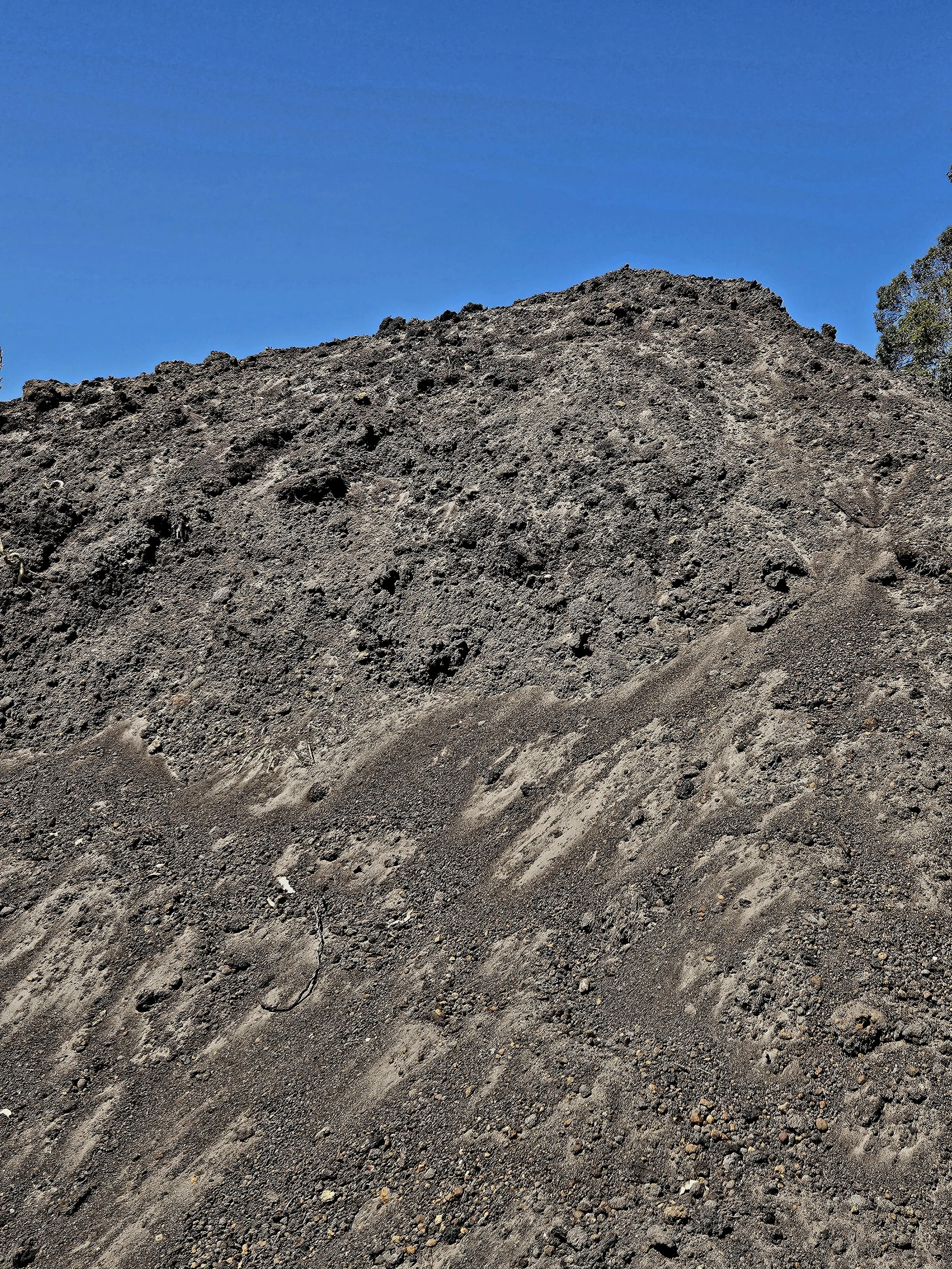
Cow and sheep manure blend
Nutrient-rich cow and sheep manure are valuable organic fertilizers that can enhance soil fertility and promote healthy plant growth. These manures contain essential nutrients such as nitrogen, phosphorus, potassium, and various micronutrients. Here are some key points about nutrient-rich cow and sheep manure:
Nutrient Content:
Nitrogen (N): Essential for leafy green growth.
Phosphorus (P): Important for root development, flowering, and fruiting.
Potassium (K): Aids in overall plant health, disease resistance, and water uptake.
Micronutrients: Manures also contain trace elements like calcium, magnesium, sulfur, and others that contribute to plant nutrition.
Organic Matter:
Cow and sheep manures are rich in organic matter, which improves soil structure, water retention, and microbial activity.
Organic matter also encourages the development of beneficial soil organisms.
-
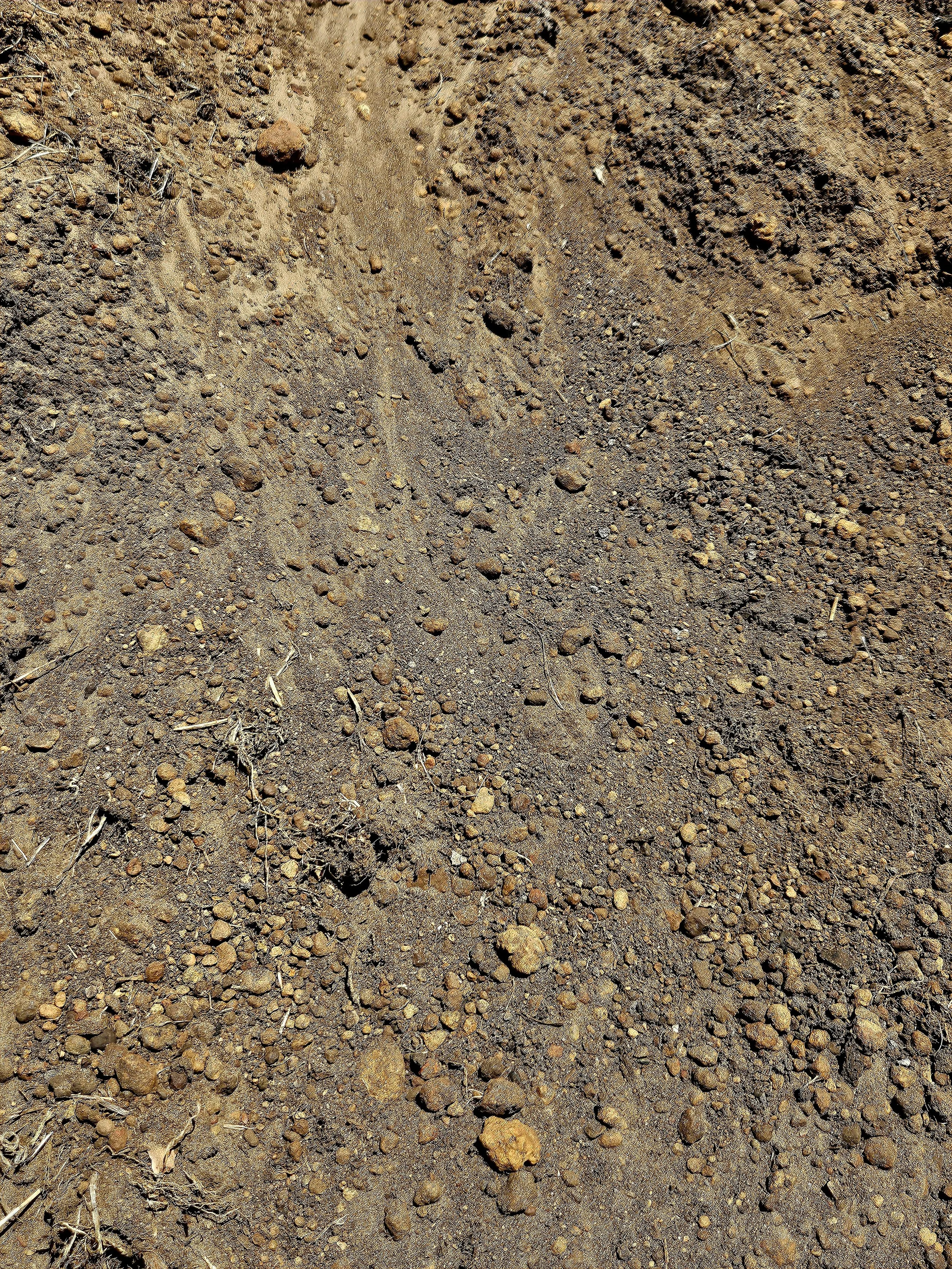
Top Soil
Topsoil is the upper layer of soil, rich in organic matter and nutrients, and is often used to improve or create a favorable growing environment. Here are some key points about topsoil products:
Composition:
Rich in Nutrients: Topsoil is typically rich in essential nutrients needed for plant growth, including nitrogen, phosphorus, and potassium.
Organic Matter: Contains organic materials that enhance soil structure and support beneficial microorganisms.
Uses:
Landscaping: Used to level or grade surfaces, fill in low spots, or create raised beds.
Gardening: Ideal for planting flowers, vegetables, and other plants in garden beds.
Construction: Applied to improve the quality of soil in construction projects.
-
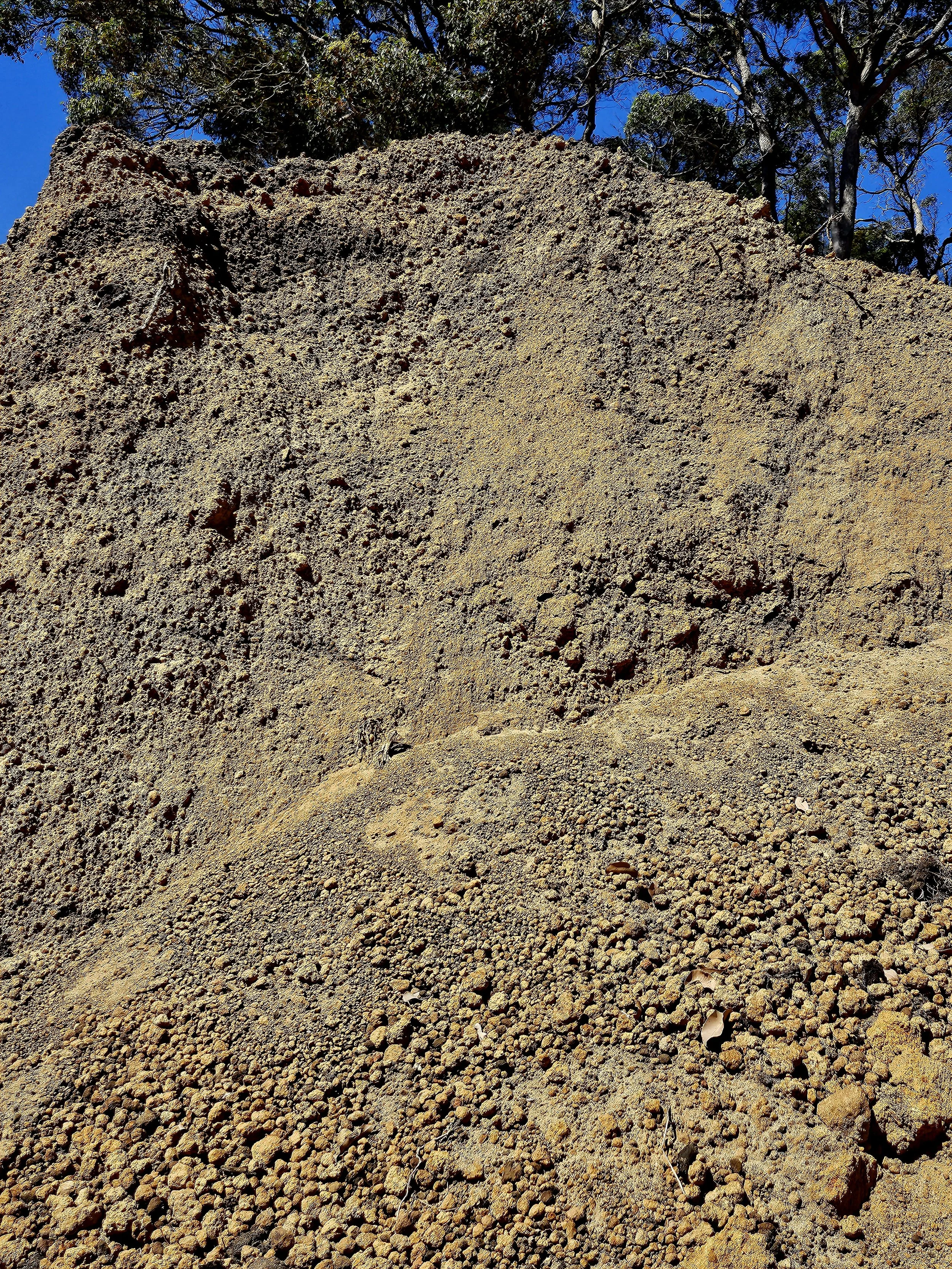
Raw un-screened gravel
Un-screened gravel is gravel that has not undergone a screening process to remove finer particles or debris.
Unscreened gravel is typically extracted from natural deposits, such as riverbeds, quarries, or gravel pits.
It may contain a mixture of different sizes, shapes, and types of stones, ranging from small pebbles to larger rocks.
Uses:
Construction: Un-screened gravel can be used in construction projects for purposes such as road base, fill material, or as a component in concrete.
Landscaping: It may be used for creating pathways, driveways, or as a decorative element in gardens.
Drainage: Un-screened gravel can facilitate proper drainage in various applications.
-
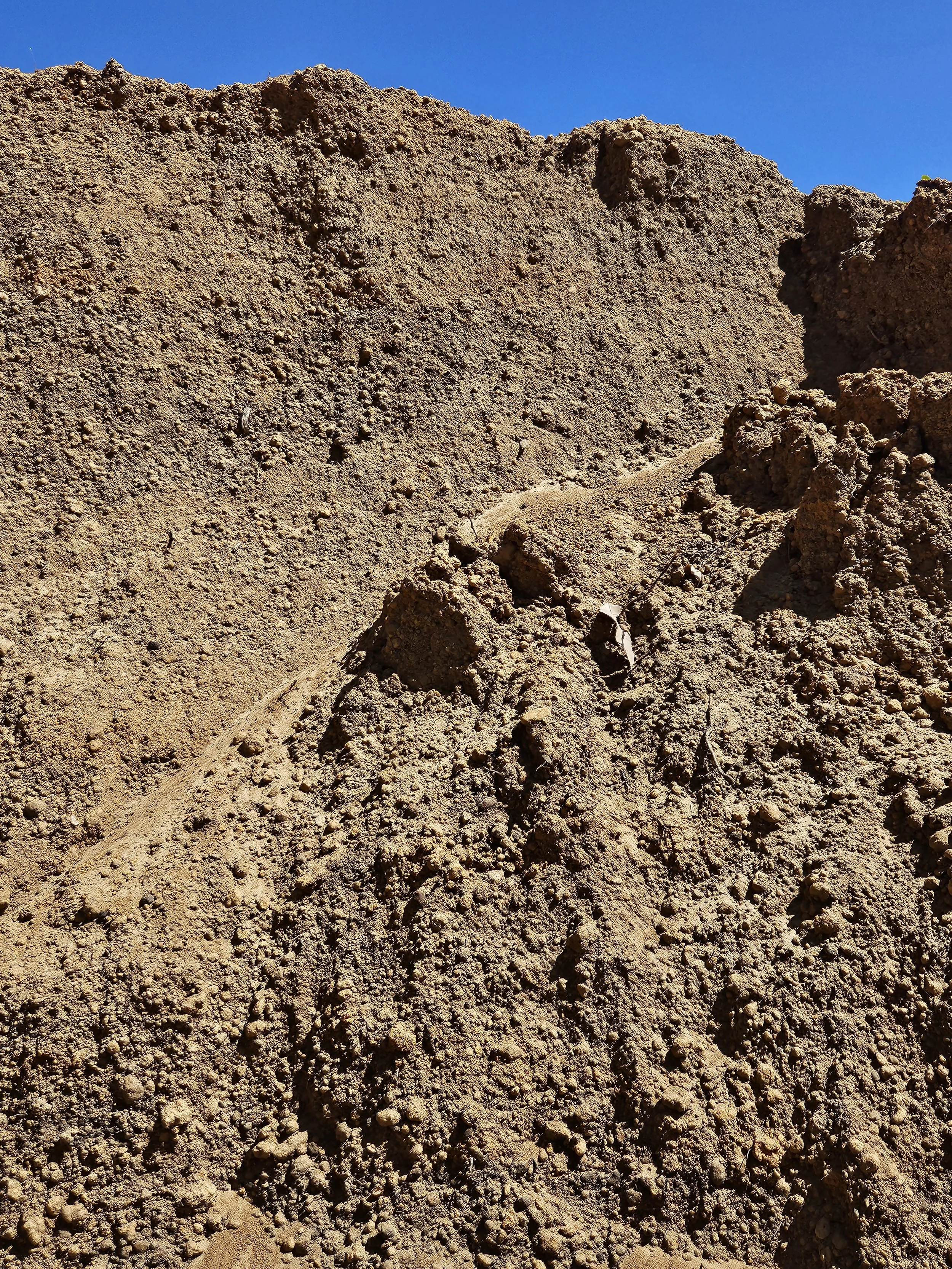
Screened gravel >50mm
Screened gravel refers to gravel that has undergone a screening process to remove finer particles, debris, or impurities. This screening process results in a more uniform and consistent product with a specific range of particle sizes. Screened gravel is often used in construction, landscaping, and other applications where a well-graded and clean material is required.
Uses:
Construction: Screened gravel is commonly used in construction projects, including road construction, drainage systems, and as a base material for foundations.
Landscaping: Ideal for pathways, driveways, and decorative landscaping projects.
Concrete Production: Some screened gravel may be suitable as an aggregate in concrete production.
-
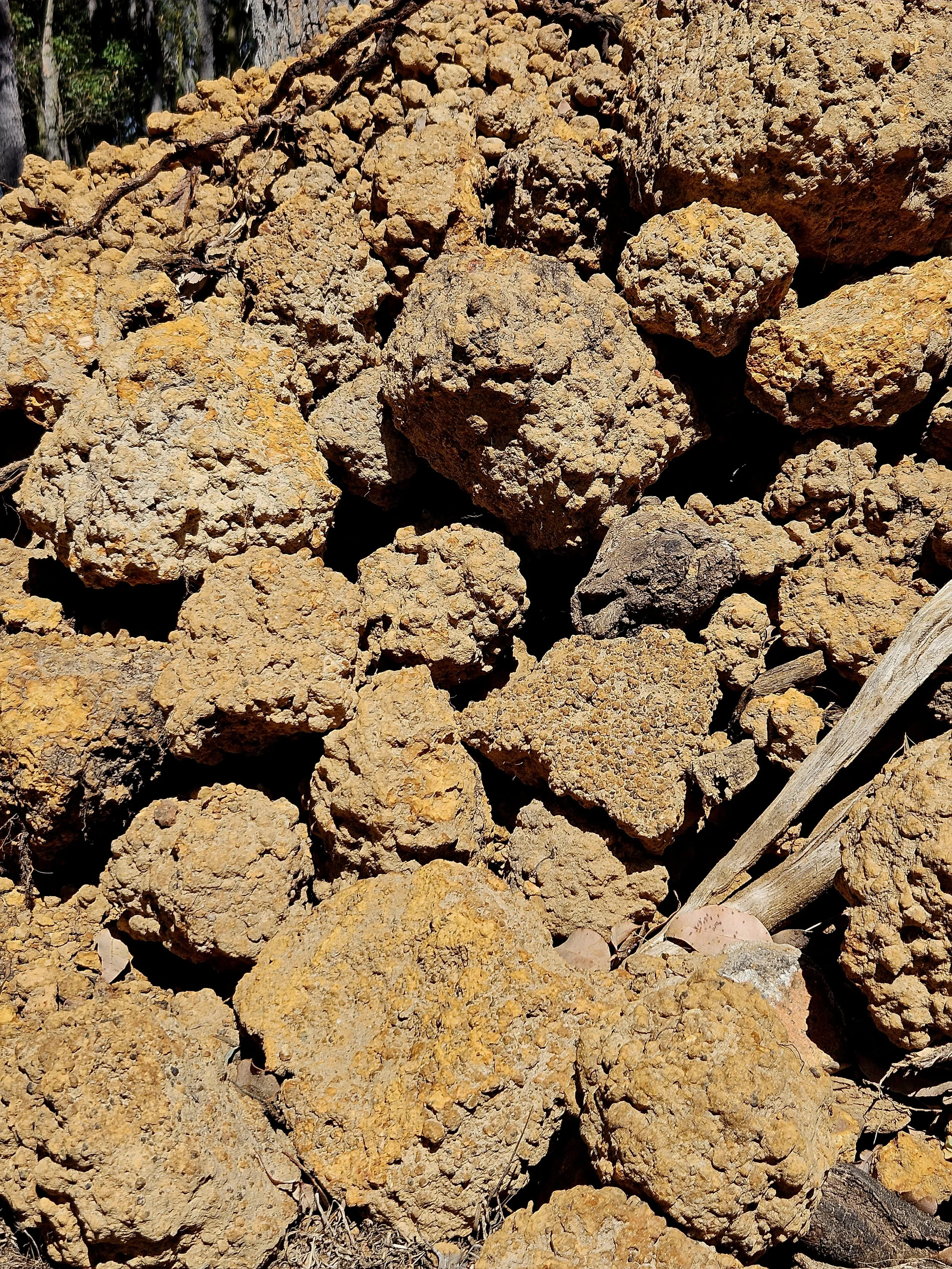
Gravel Tailings
Gravel tailings are generated as a result of processes like aggregate mining, sand and gravel extraction, or certain types of ore processing.
The material is often composed of gravel-sized particles that were not part of the valuable resource being extracted.
Construction and Landscaping:
Gravel tailings can find application in construction projects, such as road construction, filling, or as a base material for various structures.
In landscaping, recycled gravel tailings might be used for pathways or as a decorative material.
Erosion Control:
The angular nature of gravel particles in tailings can make them suitable for erosion control measures in certain situations.
-

Lime rubble
"Lime rubble" typically refers to a product that consists of crushed or broken lime-based materials. Lime is a versatile material that is often used in construction, agriculture, and various other applications.
Uses:
Construction: Lime rubble can be used as a building material in construction projects, similar to traditional rubble or crushed stone.
Agriculture: Lime is often used in agriculture to improve soil pH and provide essential nutrients. Crushed lime rubble can be applied for this purpose.
Landscaping: It may be used in landscaping projects for pathways, driveways, or as a decorative element.
-

Blue Metal ~20mm
Uses in Construction:
Blue Metal 20mm is commonly used as a base material for construction projects, including roads, driveways, and foundations.
It provides stability and drainage when compacted.
Landscaping Applications:
Blue Metal 20mm can be used in landscaping for pathways, garden beds, and as decorative ground cover.
Its dark color can provide a visually appealing contrast in landscaping projects.
Durability:
Blue Metal aggregates are known for their durability and resistance to weathering, making them suitable for long-lasting construction applications.
Drainage Properties:
The angular nature of the crushed particles in Blue Metal 20mm allows for good drainage, making it suitable for areas where effective water runoff is important.
-
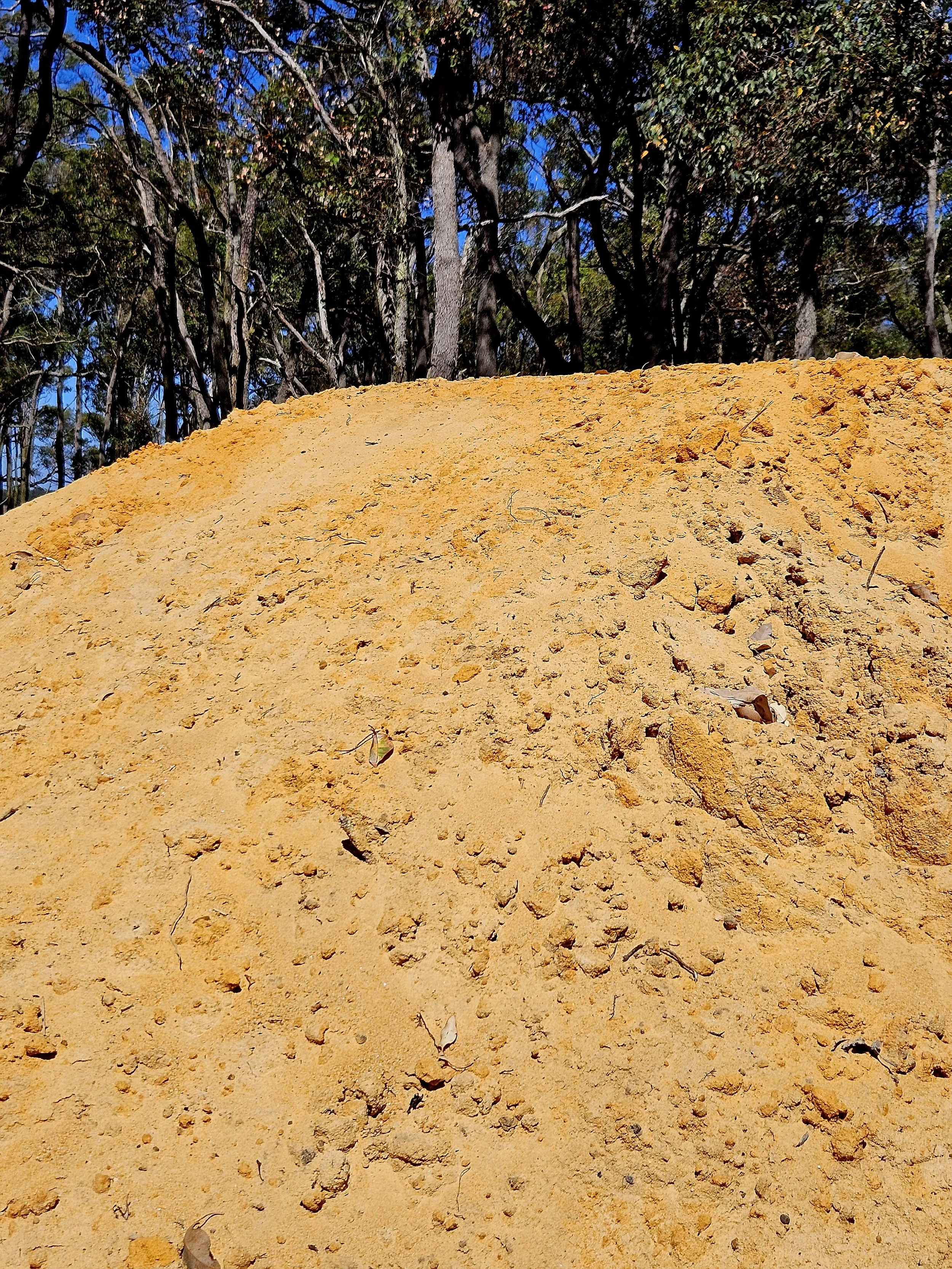
Compaction Sand
Compaction sand is used as a fill material in various construction projects where compaction is a critical factor.
Compaction sand is often free of contaminants, organic matter, and clay, ensuring uniform compaction and stability.
Clean sand promotes effective compaction and reduces the risk of settling over time.
Uses:
Construction Fill: Compaction sand is commonly used as a fill material in construction projects, especially in areas where improved soil compaction is necessary.
Road Construction: It may be used in roadbeds and subbase layers to enhance stability and load-bearing capacity.
Foundation Backfill: Used in building foundations to provide stable support.
-
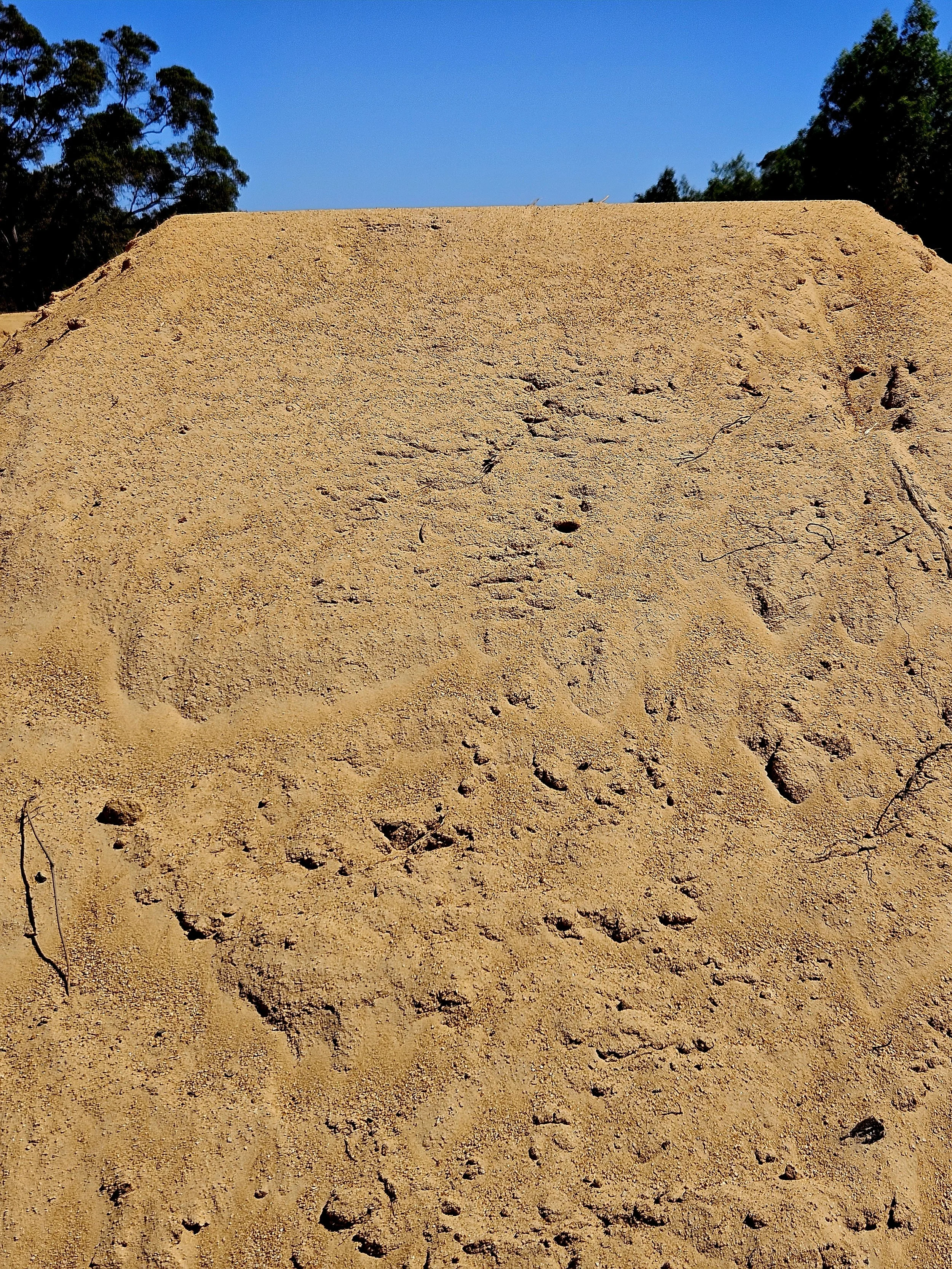
Course non compaction sand
Unlike sands used for compaction, coarse non-compaction sand is often loose and free-draining.
It may not be as effective in achieving high levels of density through mechanical compaction.
Uses:
Landscaping: Coarse non-compaction sand is commonly used in landscaping projects for features such as sandboxes, play areas, or decorative surfaces.
Beach Replenishment: It may be used for beach replenishment to provide a natural and loose surface.
Gardening: In some cases, it can be used for gardening applications where drainage is a priority.
Permeability:
Coarse sands, including non-compaction varieties, typically have good permeability, allowing water to pass through easily.
This property is advantageous in certain applications, such as for drainage solutions.
-
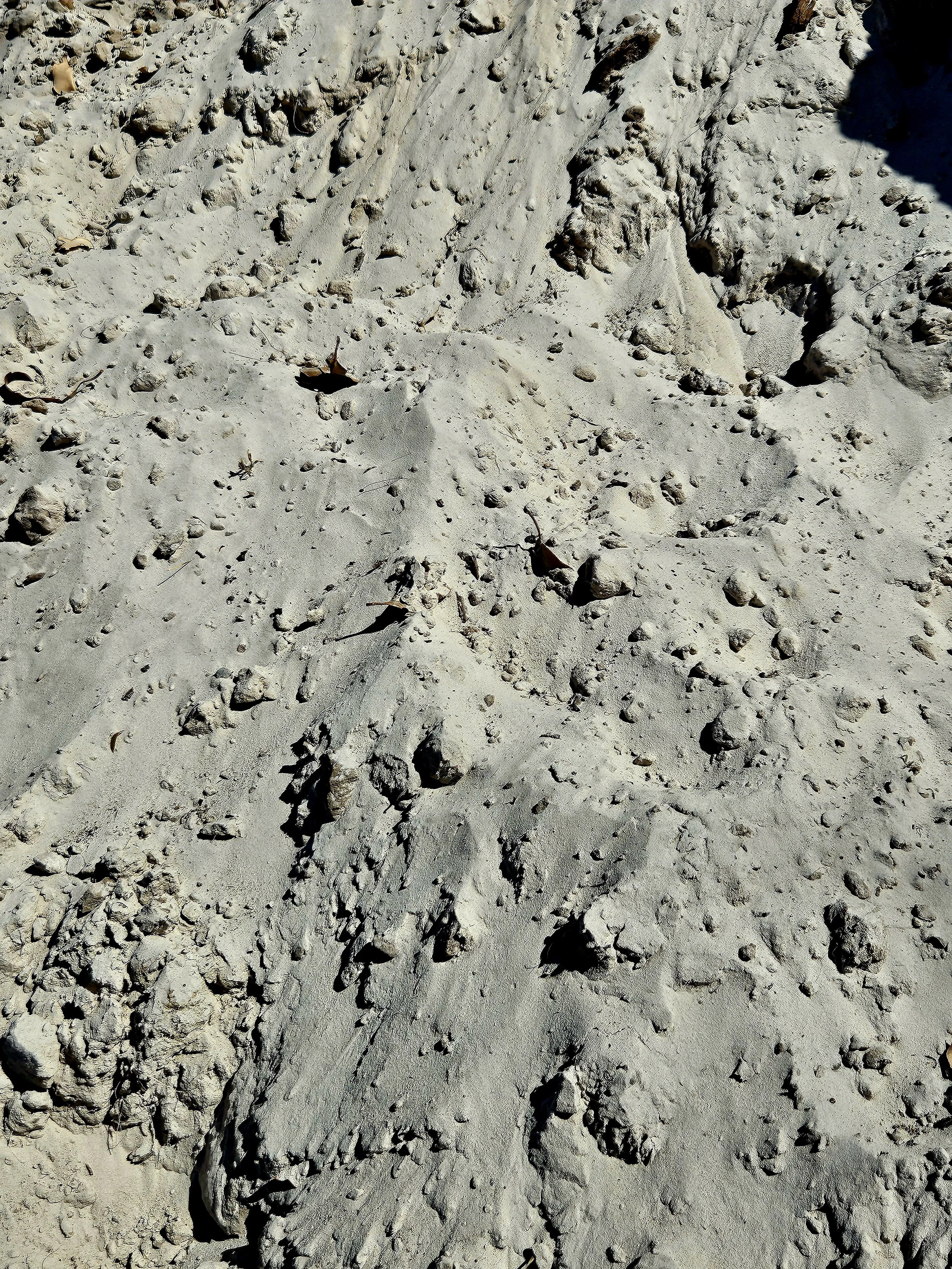
Bedding Sand
When constructing a shed, using the right type of sand is important to provide a stable and level foundation. Compaction sand, specifically designed for compaction purposes, is often a suitable choice for shed and water tank foundations.
Compaction sand typically has a well-graded particle size distribution, including coarse and fine particles. This aids in achieving effective compaction and stability.